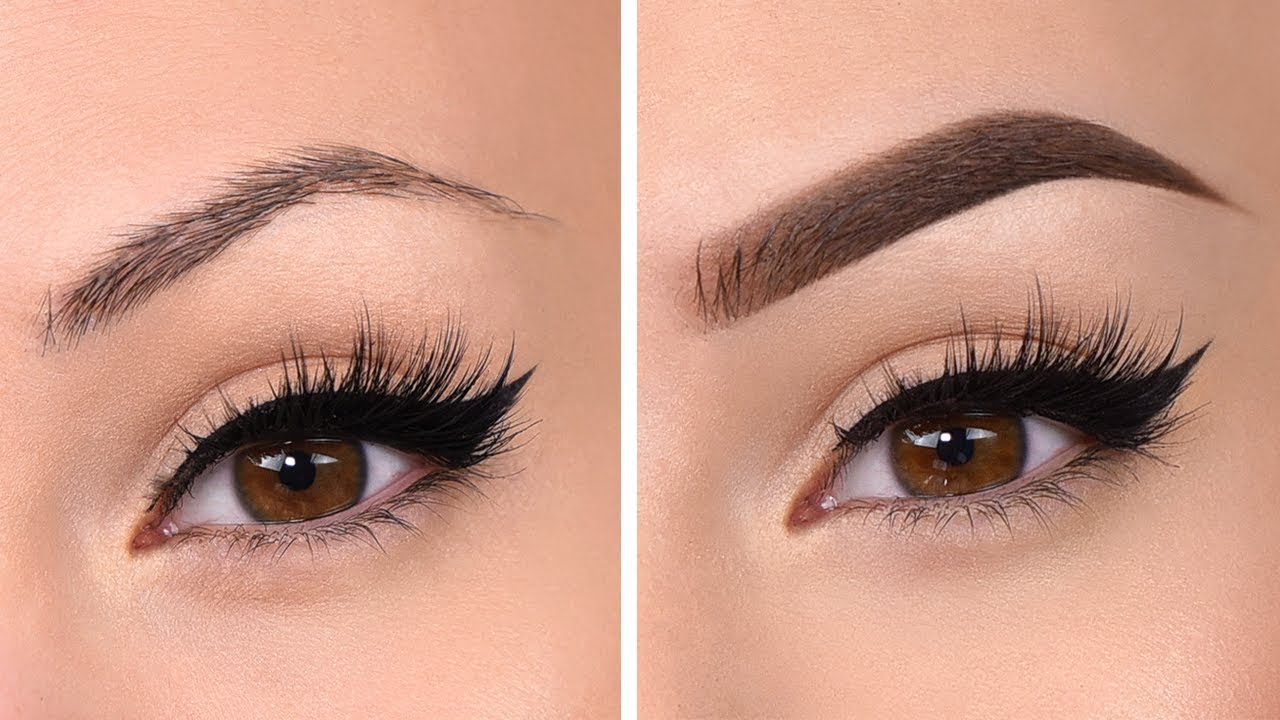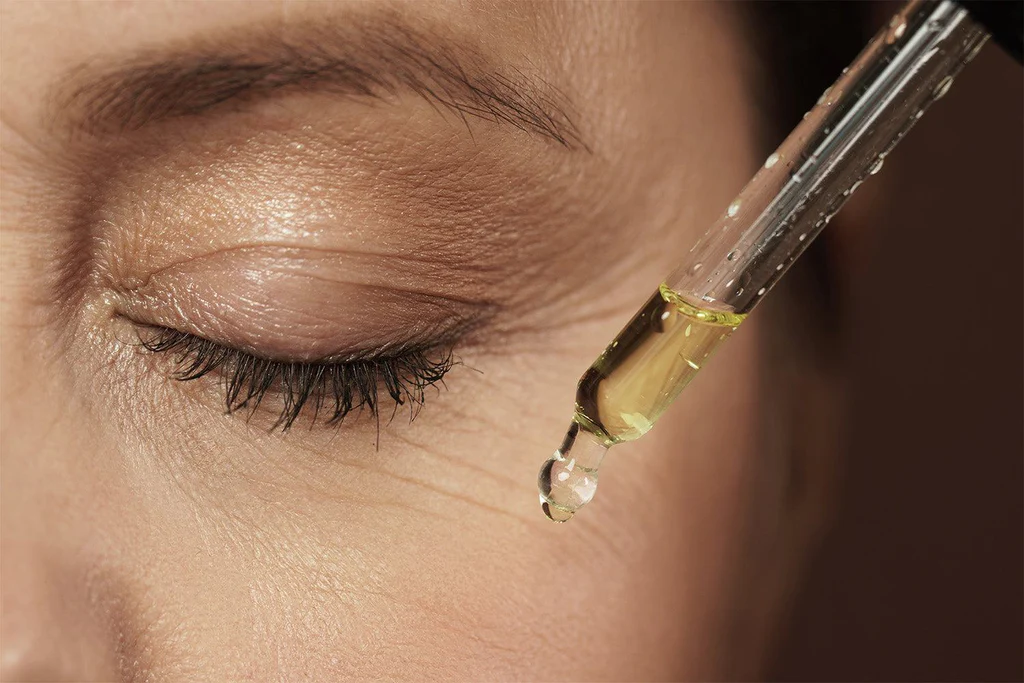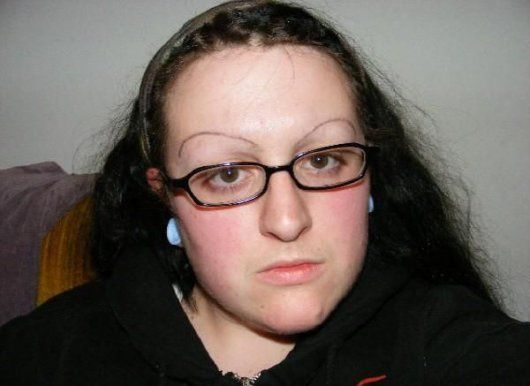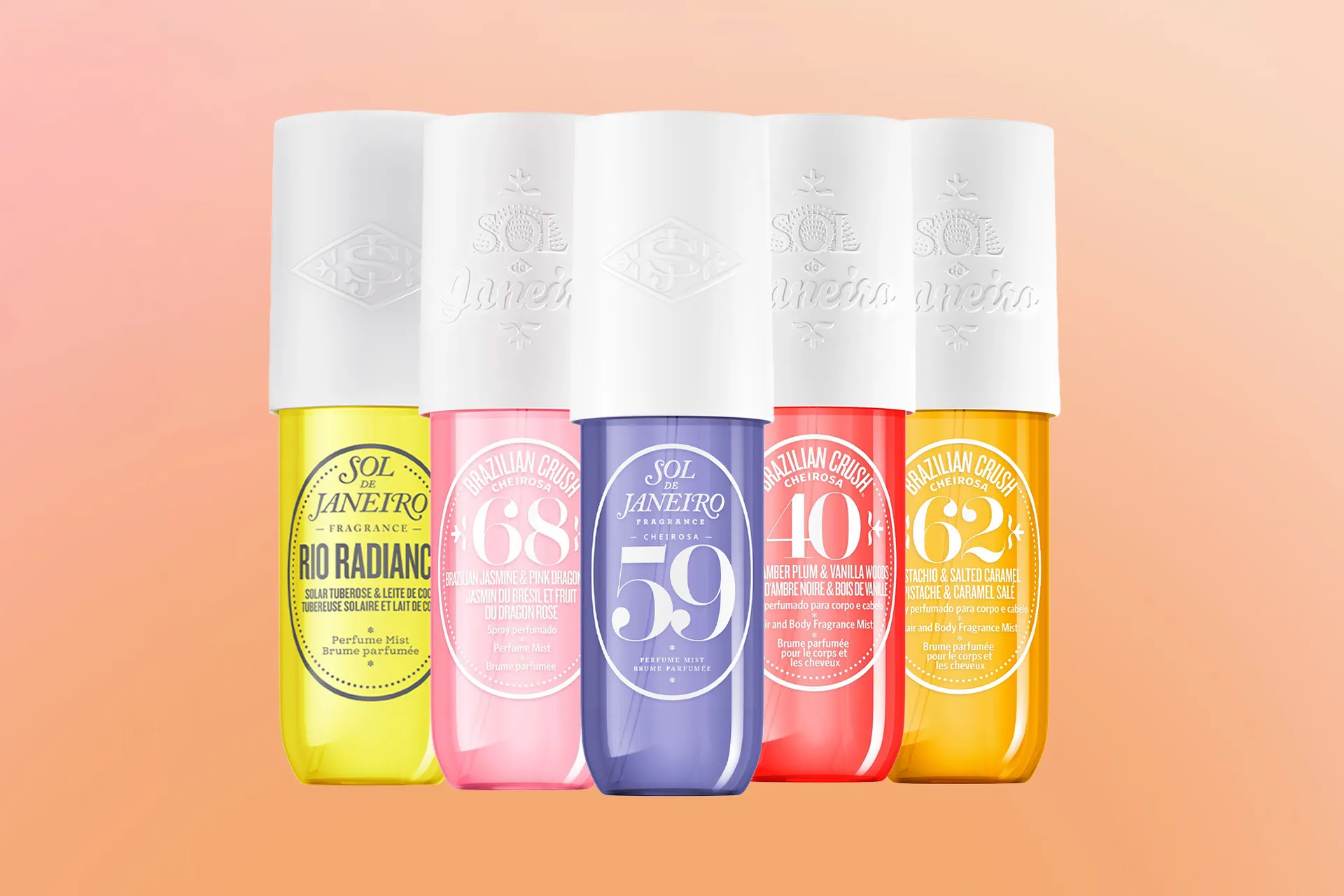Mascara is one of the most popular and widely used cosmetics in the world. It can enhance the appearance of the eyelashes, making them look longer, thicker, and darker. But have you ever wondered what mascara is made of? And is it true that mascara contains bat poop? Is Mascara Really Bat Poop?
In this blog post, we will answer these questions and more. We will also provide some tips on how to choose and use mascara safely and effectively.
What is Mascara Made of?
According to WebMD, mascara’s ingredients typically include:
- A carbon black or iron oxide pigment to darken lashes
- A polymer to form a film that coats lashes
- A preservative to prevent bacterial growth
- Thickening waxes or oils such as lanolin, mineral oil, paraffin, petrolatum, castor oil, carnauba wax, and candelilla wax
Some mascaras may also contain other ingredients, such as:
- Fibers to add volume and length to lashes
- Silica or nylon to create a waterproof effect
- Vitamin E, panthenol, or other moisturizers to condition lashes
- Kaolin or bentonite clay to absorb oil and prevent smudging
- Mica or other minerals to add shimmer or sparkle
Does Mascara Contain Bat Poop?
No, mascara does not contain bat poop. This is a common misconception that has been circulating on the internet for years. The rumor likely started because some mascaras contain a substance called guanine, which is derived from fish scales.
Guanine is a colorant and an opacifying agent, which means it adds color and shine to the mascara. Guanine is also a naturally occurring compound that is found in the DNA and RNA of all living organisms, including bats and humans.
The confusion between guano and guanine probably stems from the fact that guanine is a word that derives from the Spanish word guano, meaning “dung”. Guano is the term used for the excrement of seabirds and bats, which is rich in nitrogen and phosphorus and is used as a fertilizer.
However, the guanine used in beauty products does not come from excrement, but from fish scales, which are collected, washed, dried, and then treated with acids to extract the crystals2. The crystals are then purified, bleached, and ground into a fine powder.
So, while mascara does not contain bat poop, it does contain fish scales, which may not sound very appealing either. However, guanine is approved by the FDA as a safe and effective color additive, and it is widely used in the cosmetics industry, not only in mascara, but also in bath products, fragrances, hair conditioners, lipsticks, nail products, shampoos, and skin care products.
How to Choose and Use Mascara Safely and Effectively
Mascara is generally safe to use, as long as you follow some basic guidelines:
- Choose a mascara that suits your needs and preferences. There are many types of mascara available, such as lengthening, volumizing, curling, waterproof, etc. You may also want to consider the color, the formula, the brush, and the price of the mascara.
- Check the ingredients list and avoid any mascara that contains thimerosal, a preservative that can cause conjunctivitis and eyelid dermatitis (a rash). Thimerosal is still used in some mascaras, especially in waterproof ones.
- Replace your mascara every three to six months, or sooner if it becomes dry, clumpy, or smells bad. Mascara can harbor bacteria and fungi that can cause eye infections, such as pink eye or styes.
- Do not share your mascara with anyone else, as this can also spread germs and diseases.
- Do not apply mascara while driving, walking, or doing any other activity that requires your attention. You may poke your eye or damage your lashes.
- Remove your mascara before going to bed, using a gentle eye makeup remover and a cotton pad. Leaving mascara on overnight can cause your lashes to break, fall out, or become infected.
- If you have sensitive eyes, allergies, or wear contact lenses, you may want to use hypoallergenic, fragrance-free, or ophthalmologist-tested mascara. You may also want to do a patch test before using a new mascara, by applying a small amount on the inside of your elbow and waiting for 24 hours to see if you have any reaction.
FAQs
Here are some frequently asked questions about mascara and their answers:
- Q: Can mascara make your eyelashes grow?
- A: No, mascara does not make your eyelashes grow. Mascara only coats your lashes and makes them look longer and thicker temporarily. However, some mascaras may contain ingredients that can nourish and condition your lashes, such as vitamin E, panthenol, or biotin, which may help prevent breakage and improve the health of your lashes.
- Q: Can mascara damage your eyelashes?
- A: Yes, mascara can damage your eyelashes if you use it incorrectly or excessively. Some ways that mascara can damage your eyelashes are:
- Applying too much mascara, which can weigh down your lashes and make them brittle and prone to falling out.
- Curling your lashes after applying mascara, which can cause your lashes to stick to the curler and rip off.
- Rubbing your eyes or pulling your lashes, which can also cause your lashes to fall out or break.
- Using expired or contaminated mascara, which can cause eye infections or irritations.
To prevent mascara damage, you should use mascara sparingly, curl your lashes before applying mascara, be gentle with your eyes and lashes, and replace your mascara regularly.
- Q: How can I make my mascara last longer?
- A: There are some tips and tricks that can help you make your mascara last longer, such as:
- Storing your mascara in a cool and dry place, away from heat and sunlight, which can degrade the quality and shelf life of the mascara.
- Avoiding pumping the wand in and out of the tube, which can introduce air and bacteria into the mascara and make it dry out faster. Instead, swirl the wand gently inside the tube to coat it with mascara.
- Adding a few drops of saline solution, eye drops, or distilled water to your mascara if it becomes dry or clumpy. This can help thin out the mascara and make it more fluid and smooth. However, do not add too much liquid, as this can dilute the pigment and affect the performance of the mascara.
- Using a lash primer before applying mascara, which can help your mascara adhere better to your lashes and make it more resistant to smudging, flaking, or fading.
I hope you found this blog post helpful and informative. If you have any questions or comments, please feel free to leave them below. Thank you for reading!
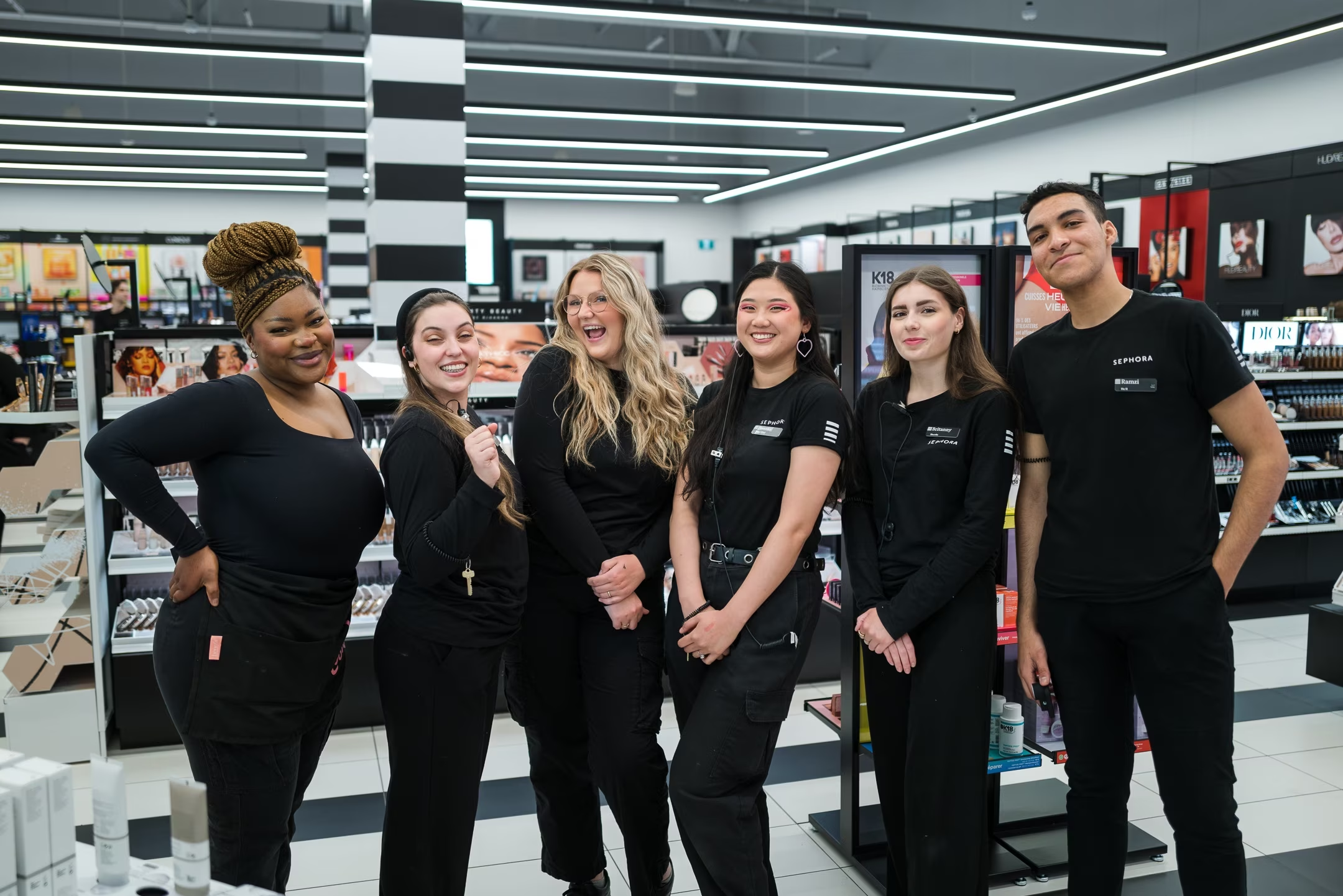
 By
Your Beauty Plug
By
Your Beauty Plug

